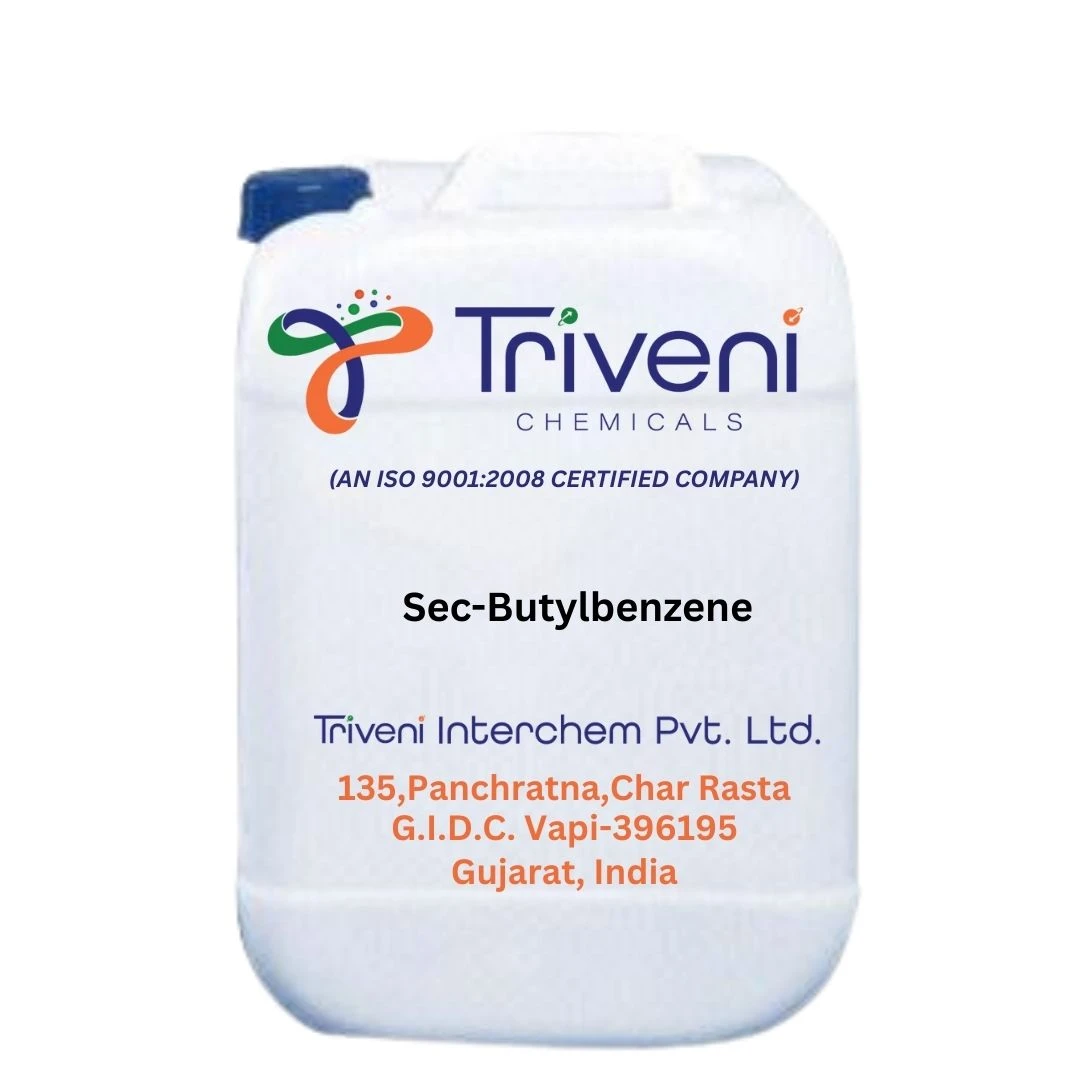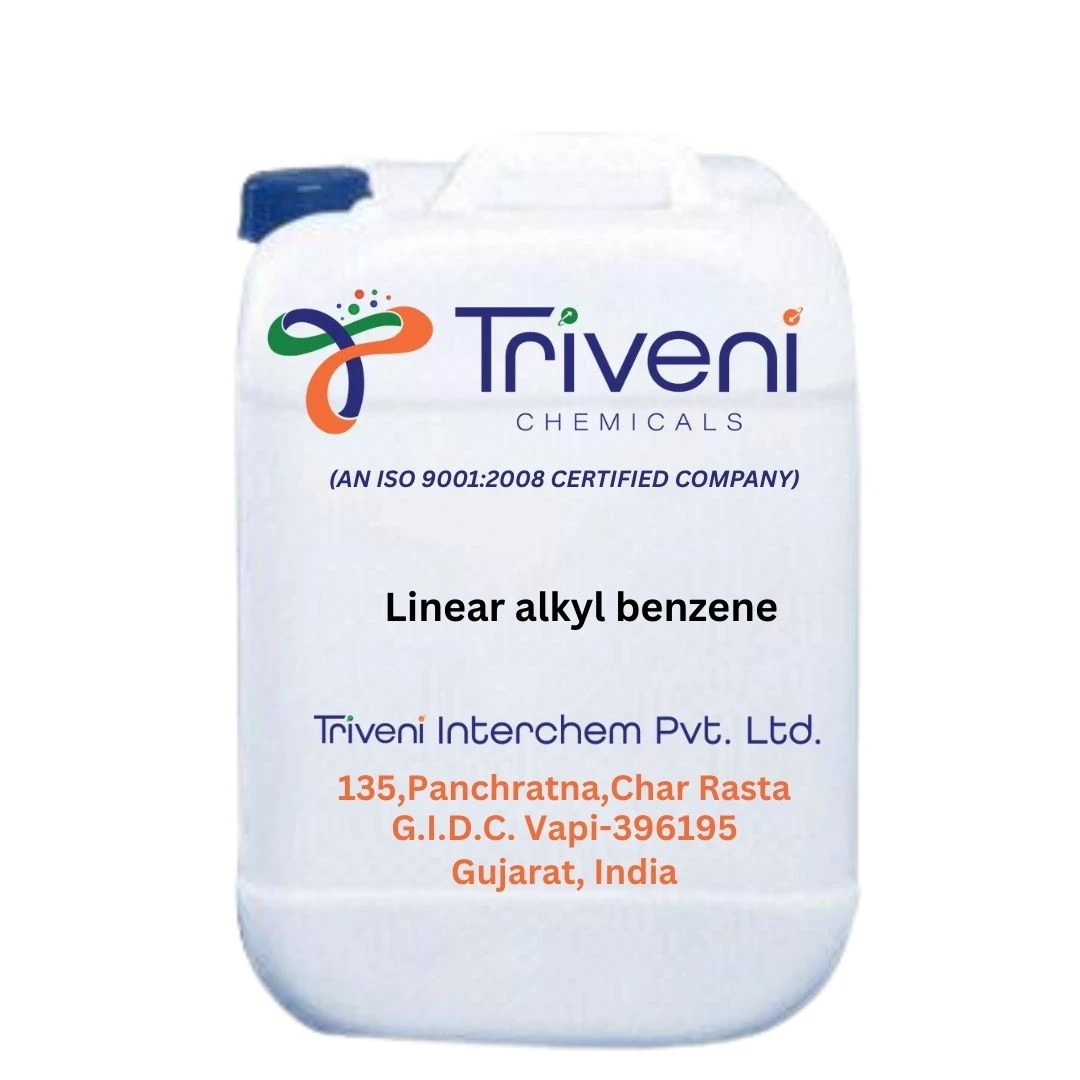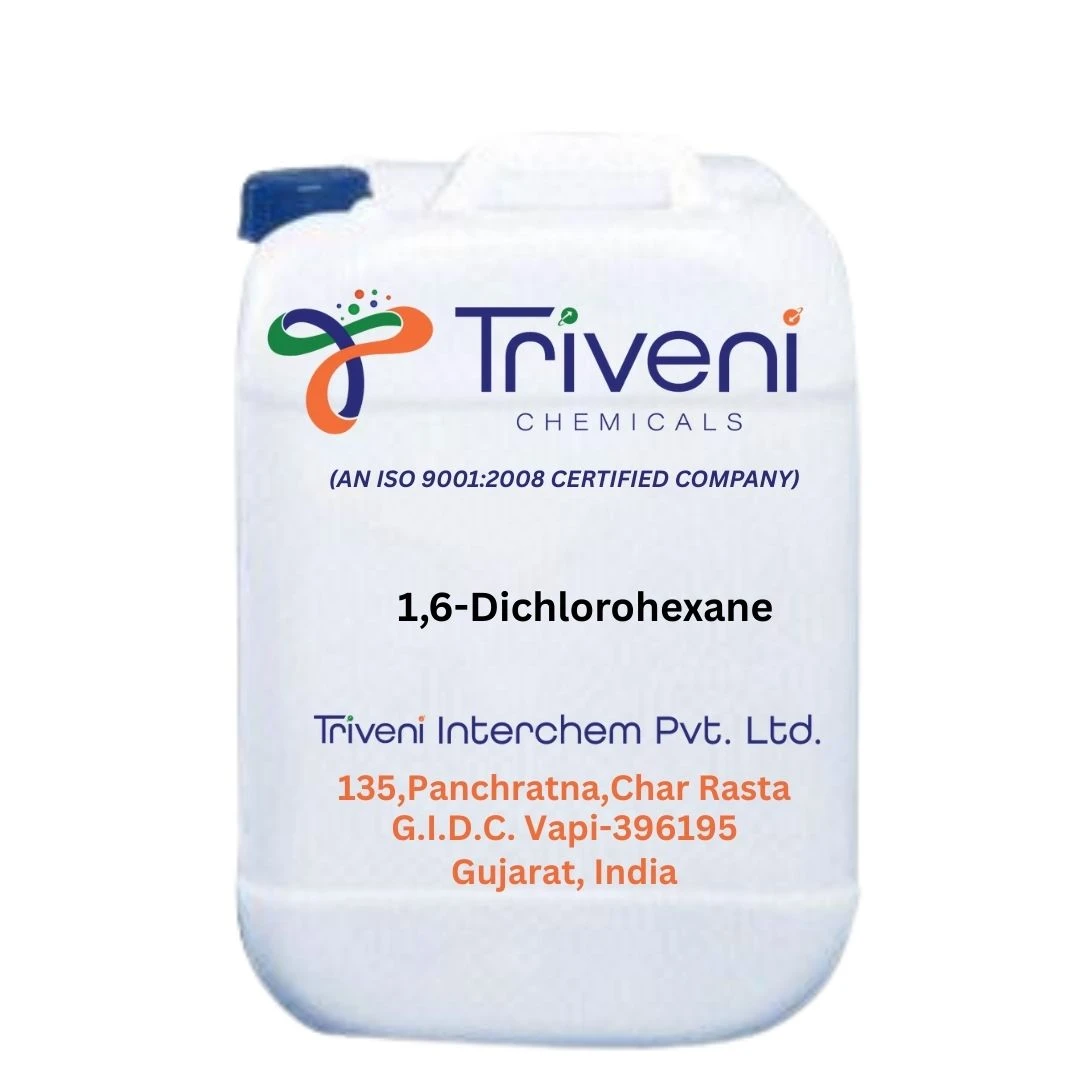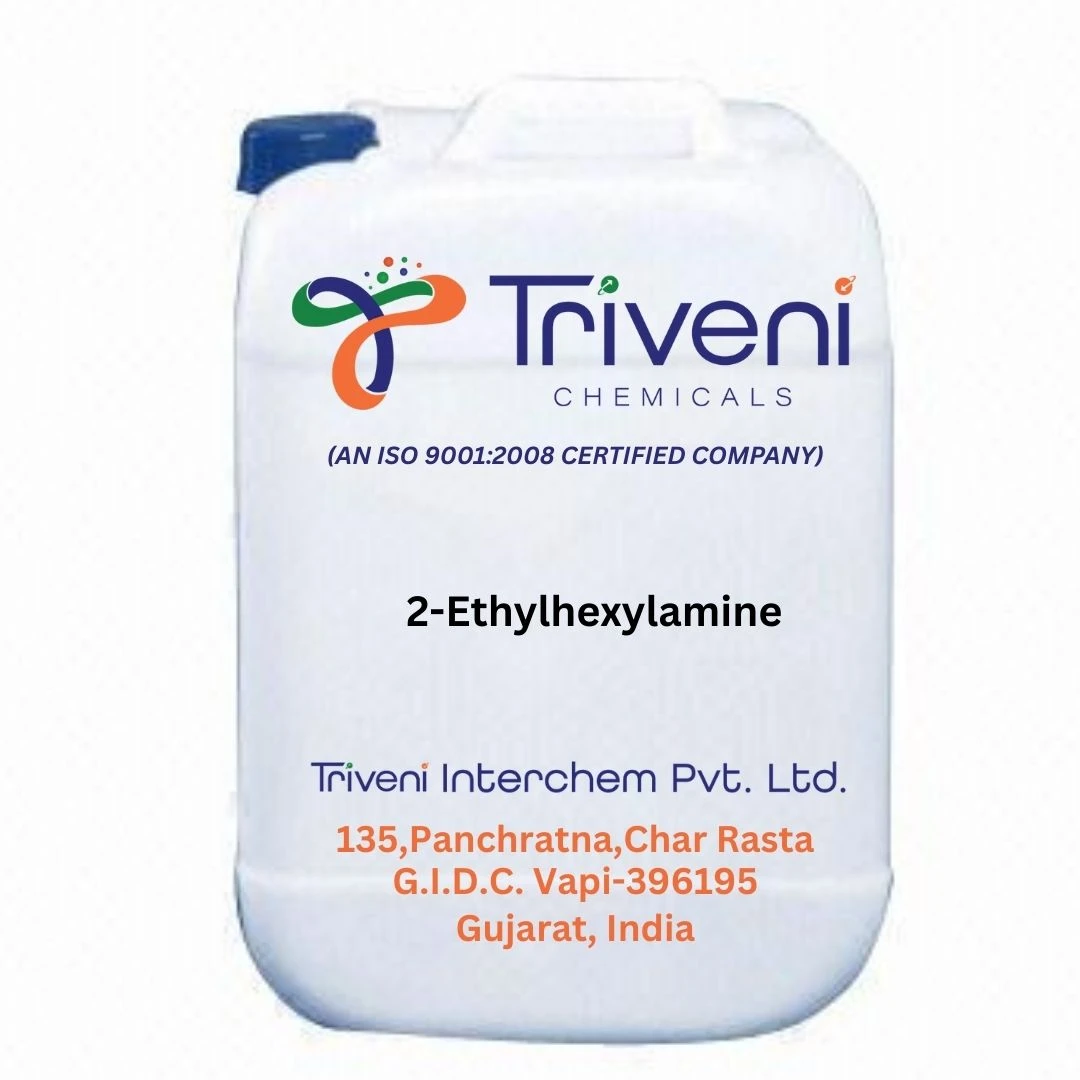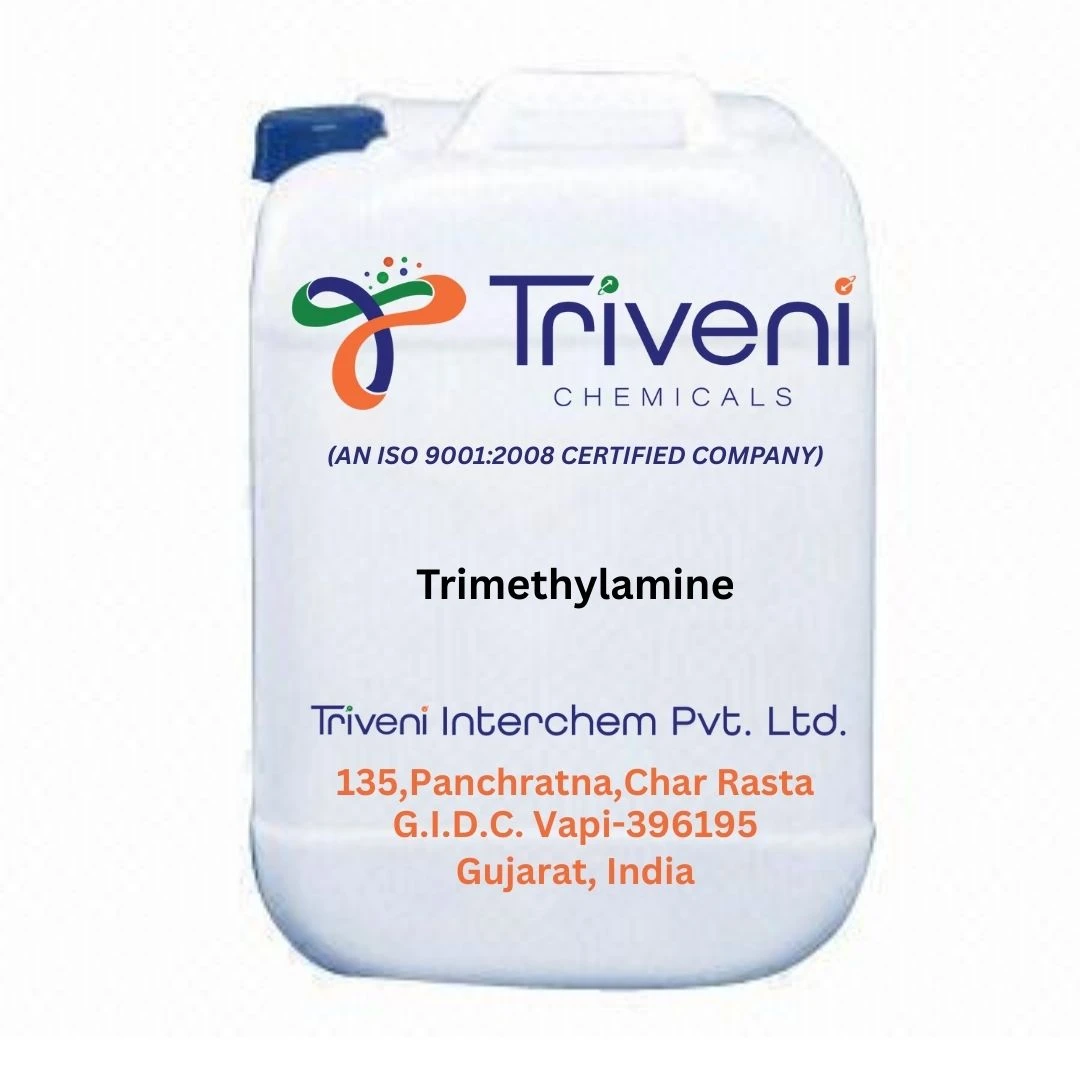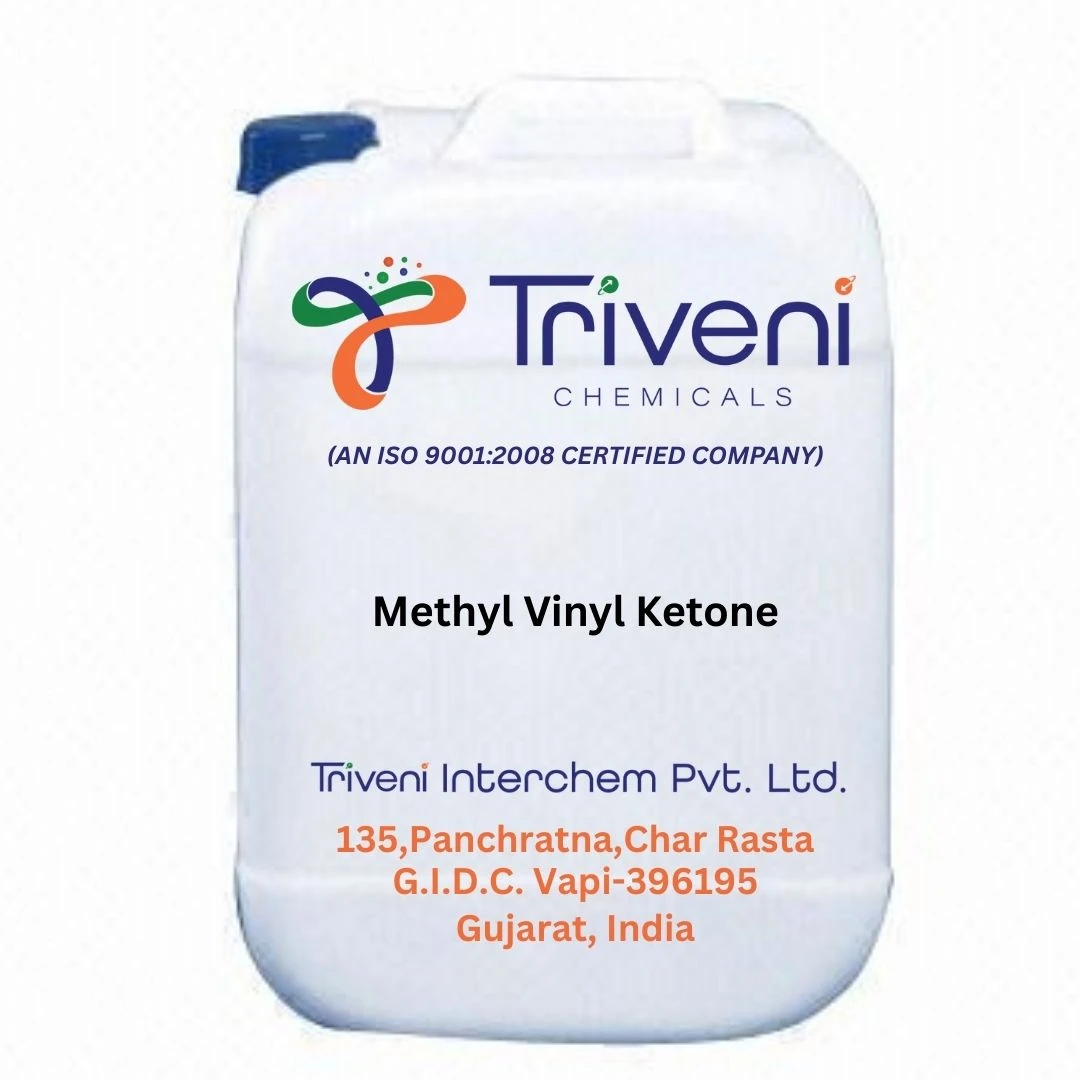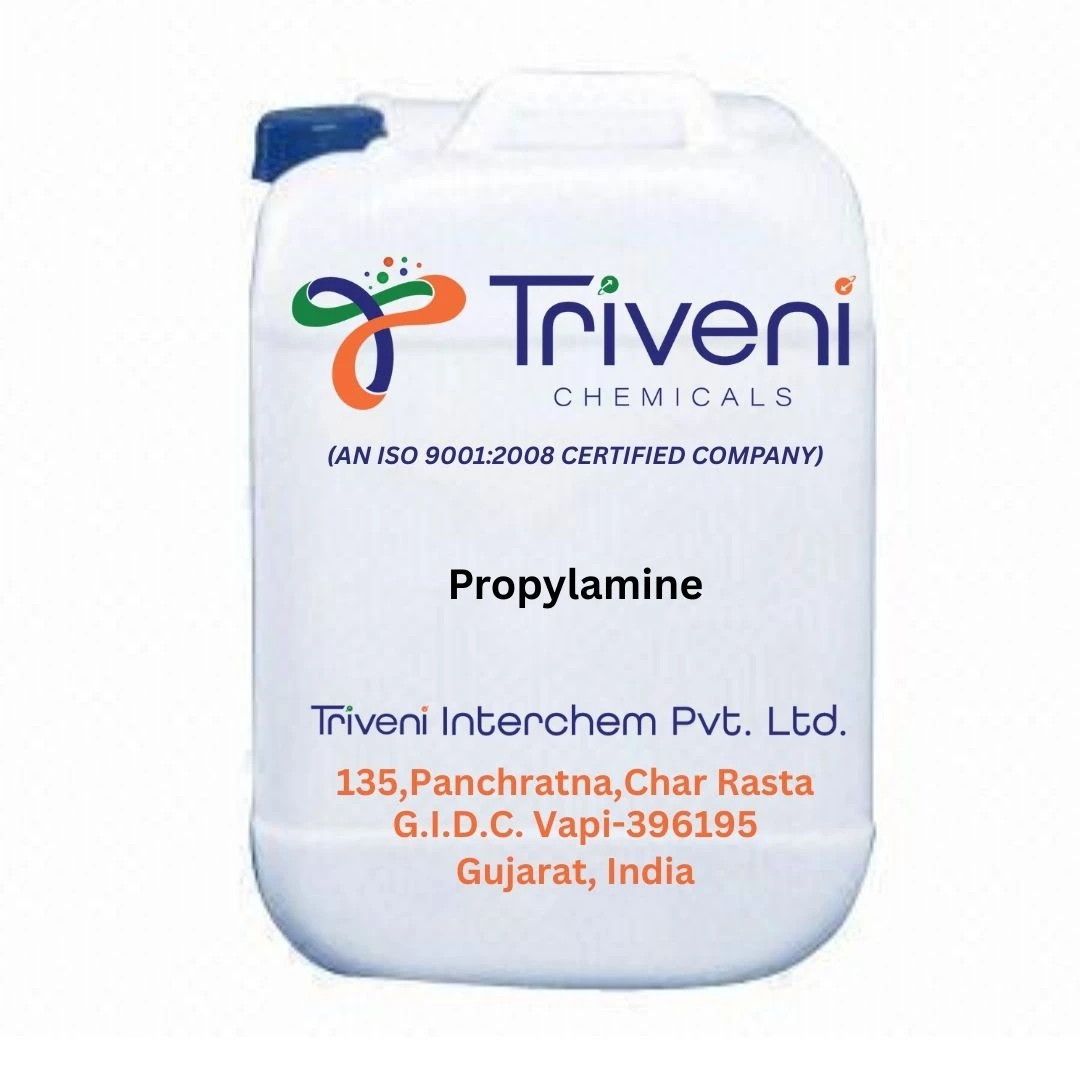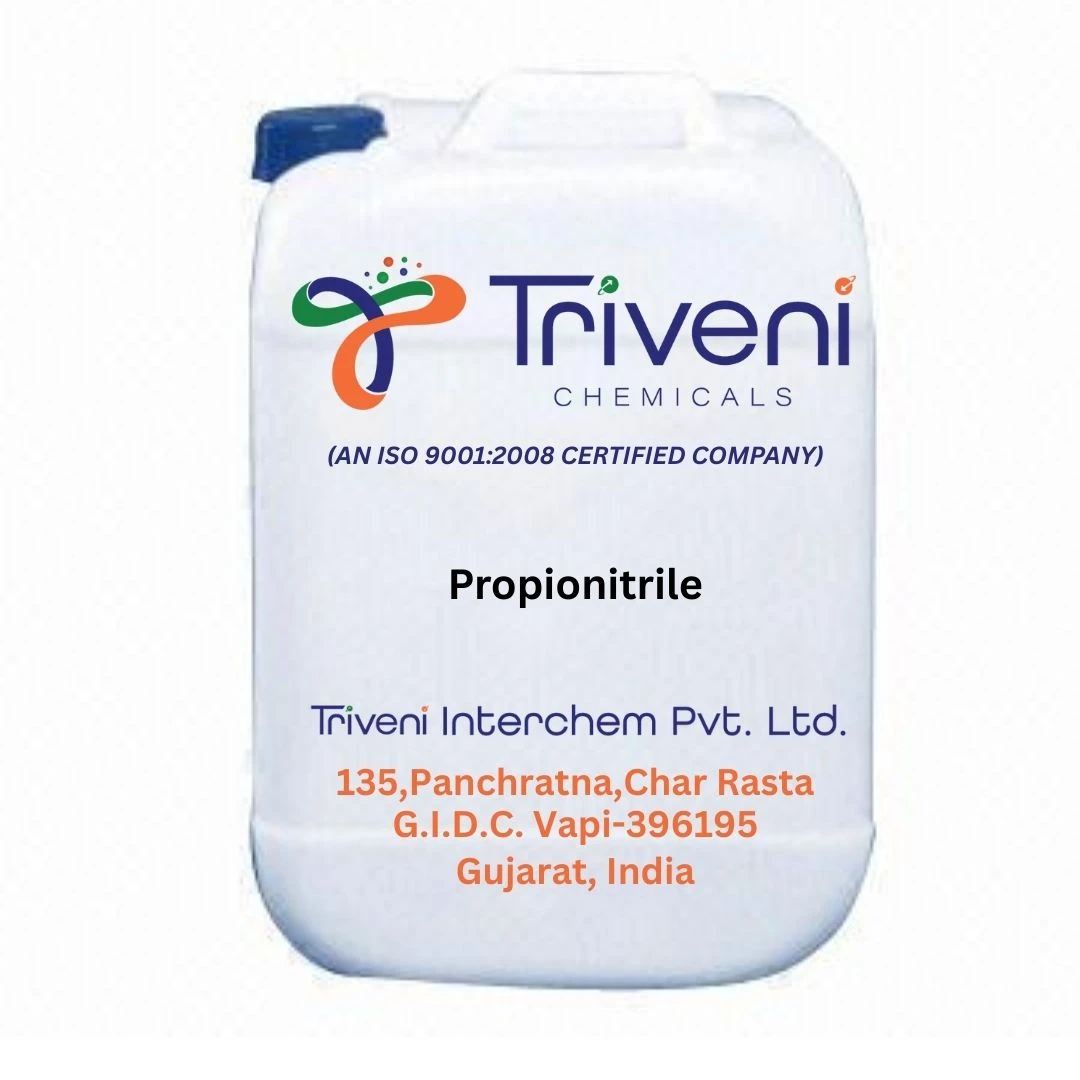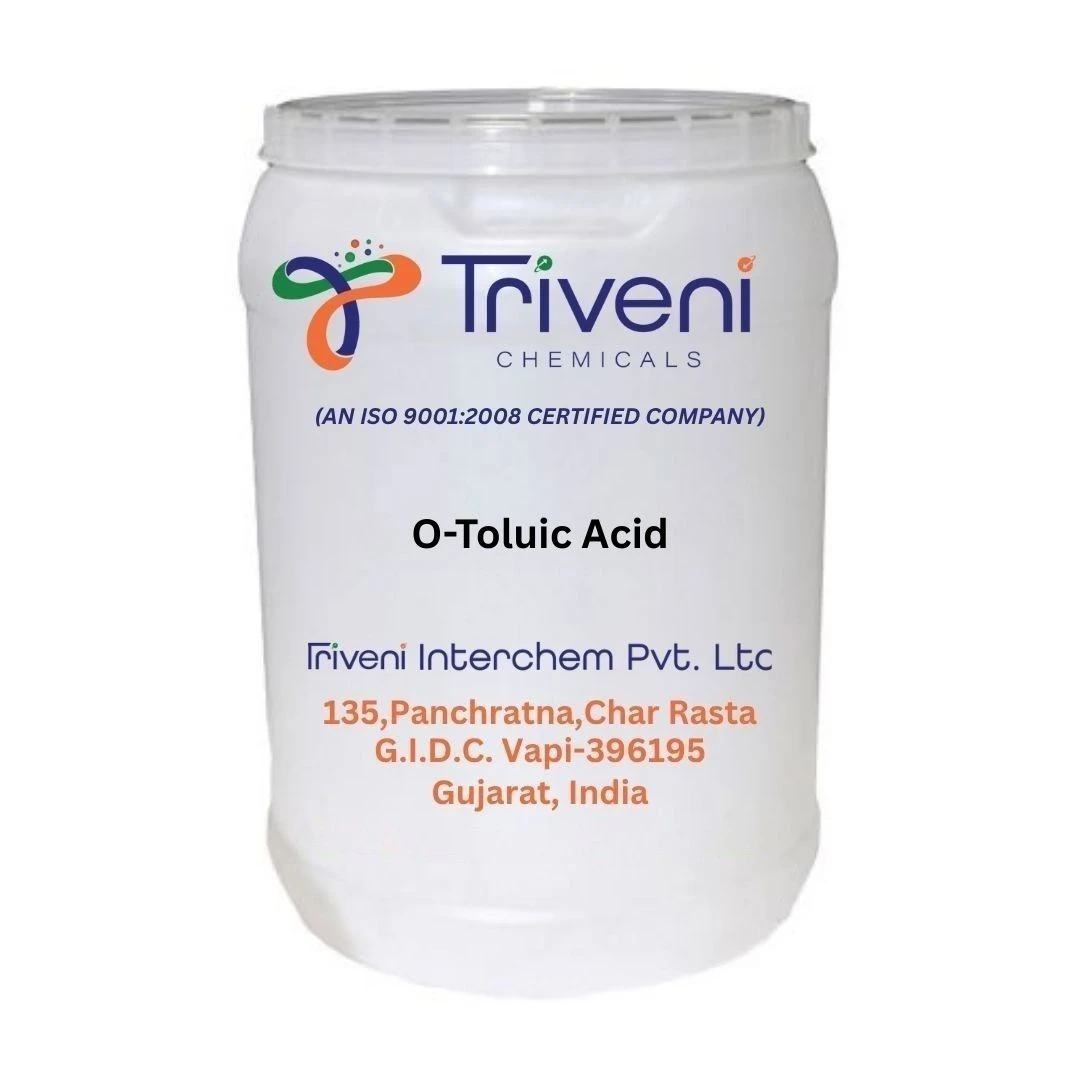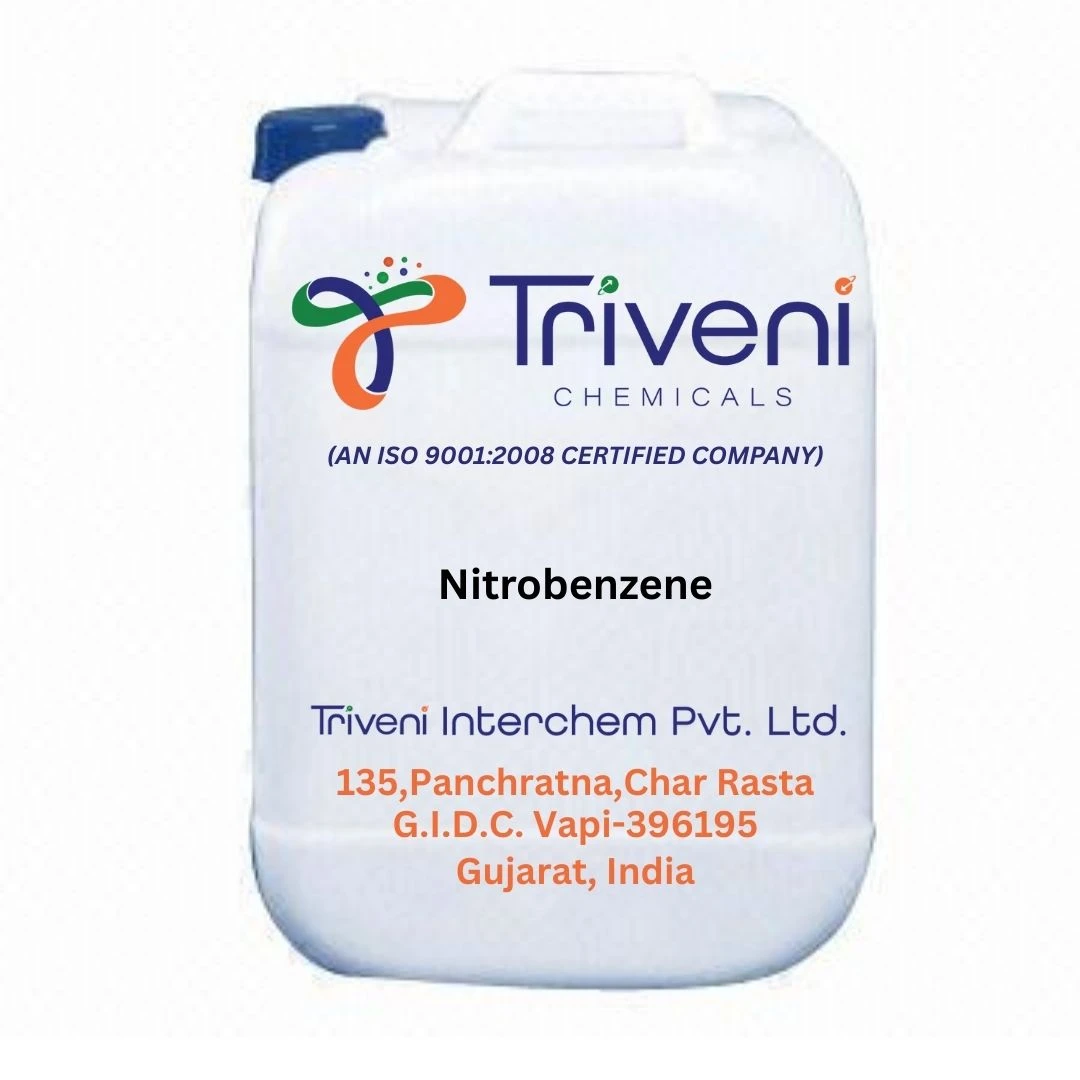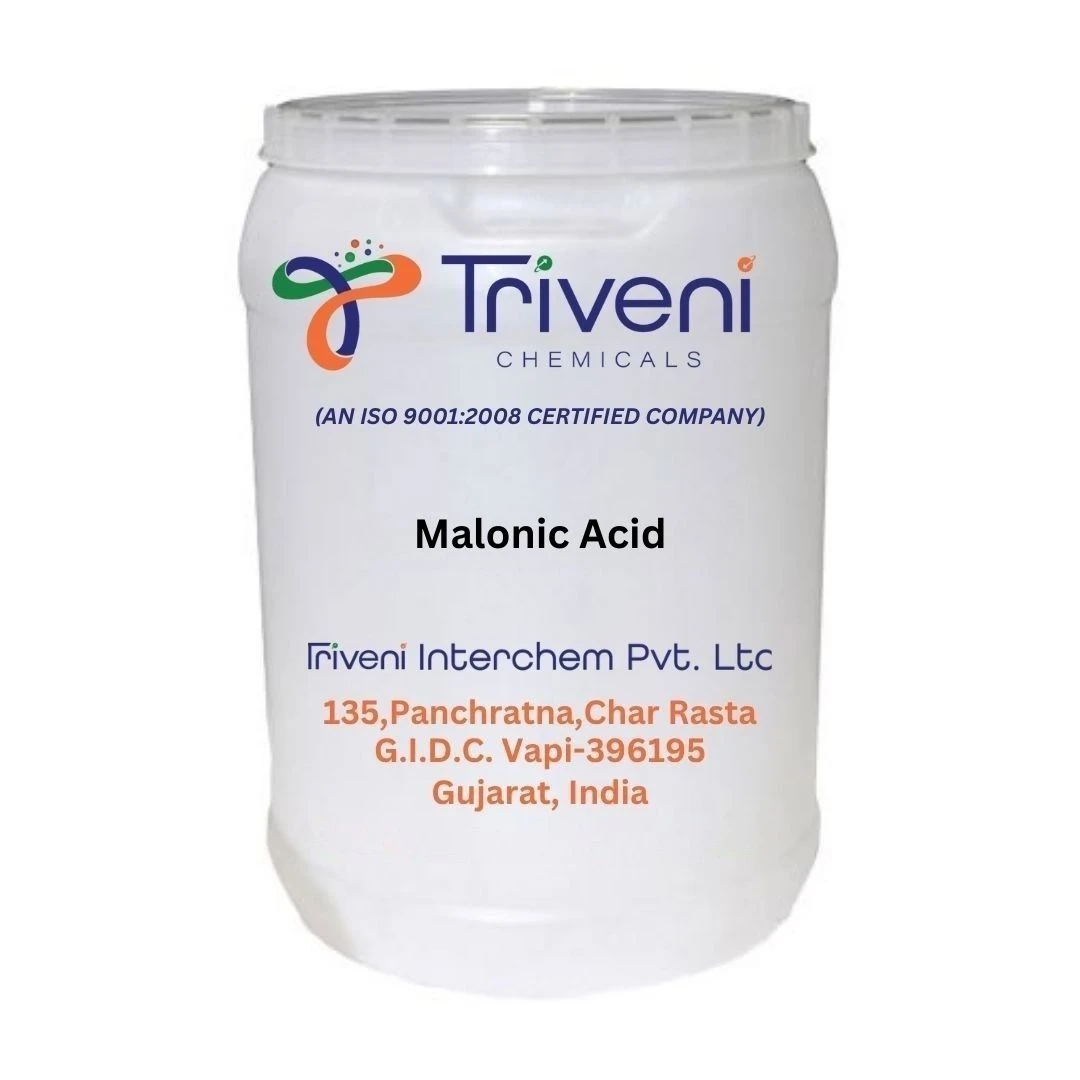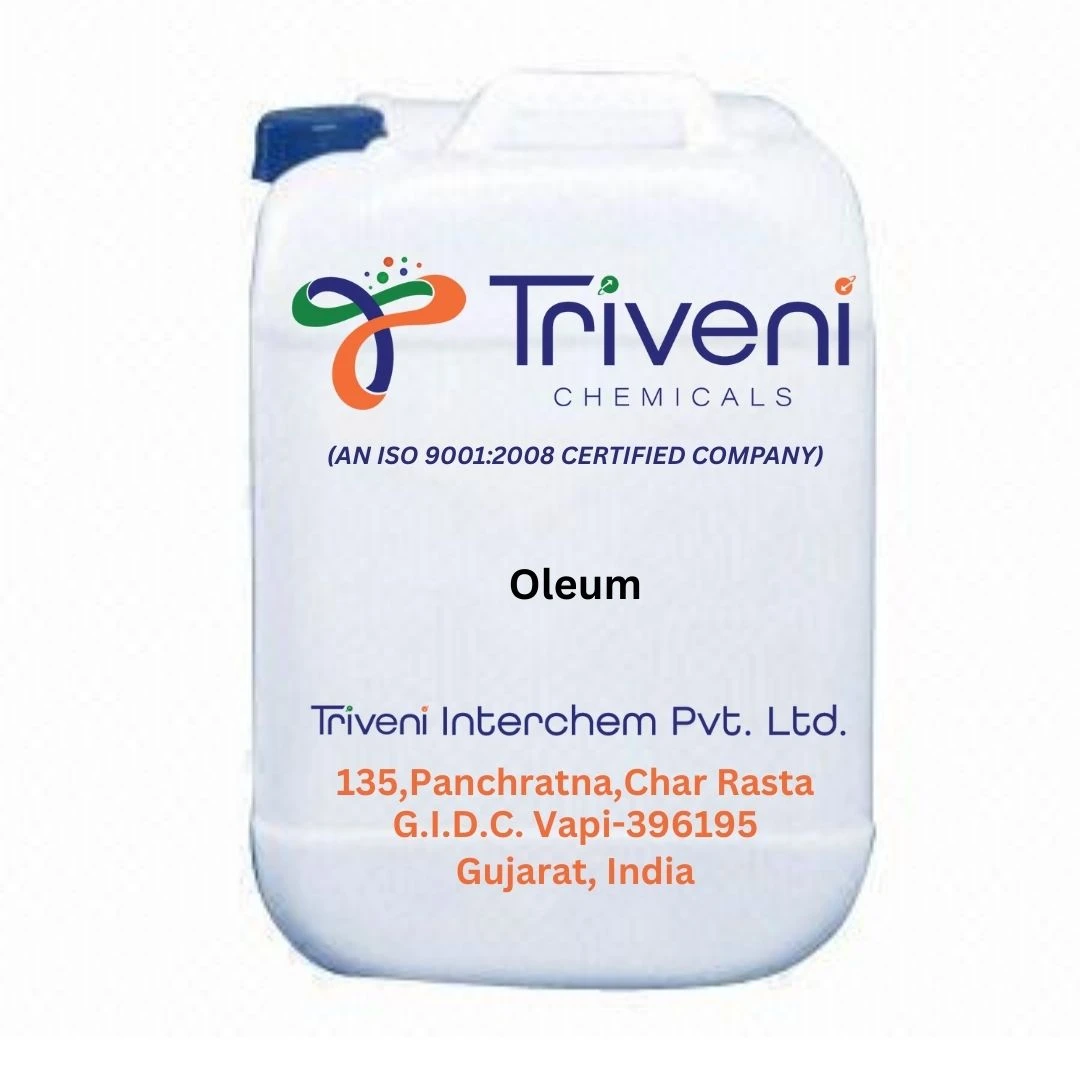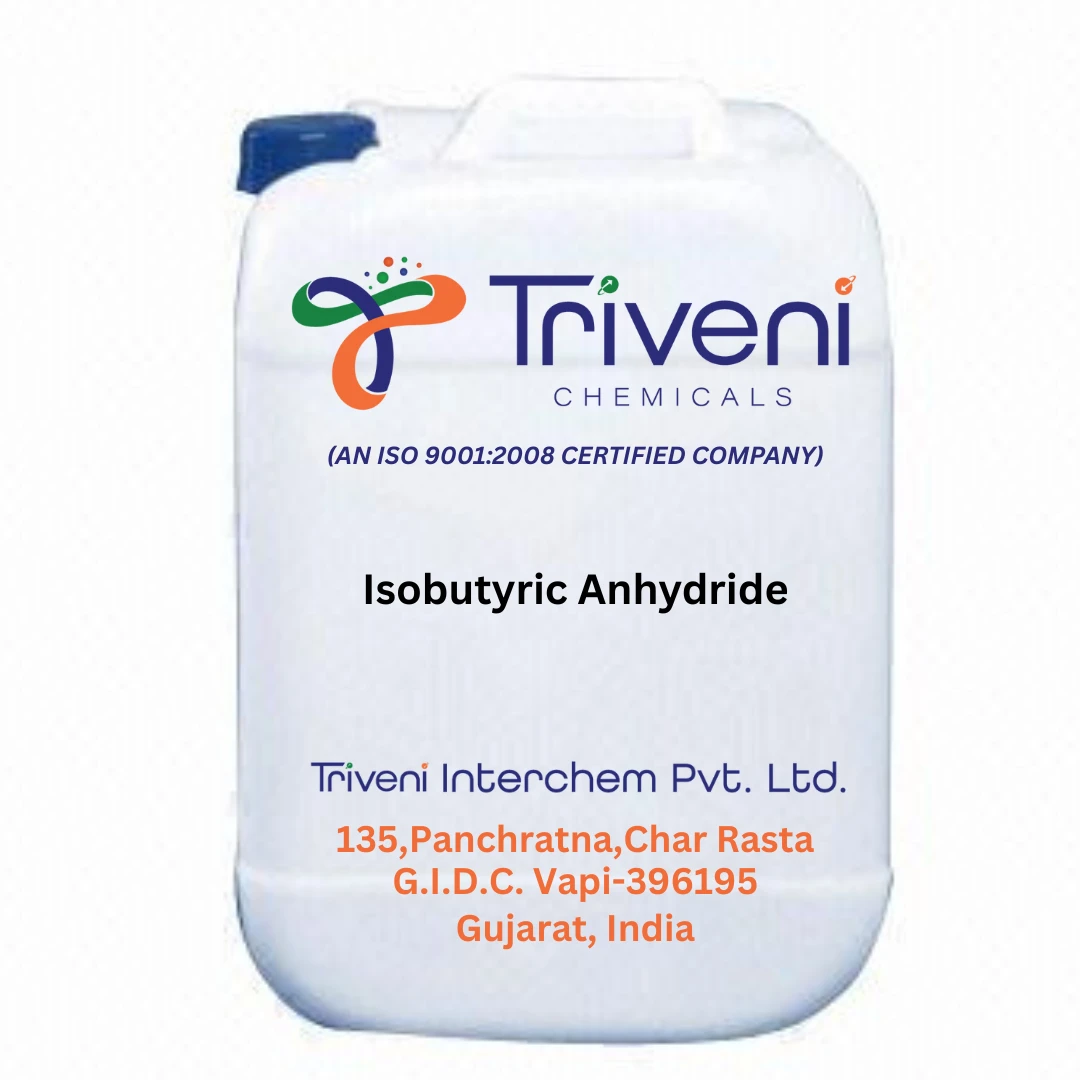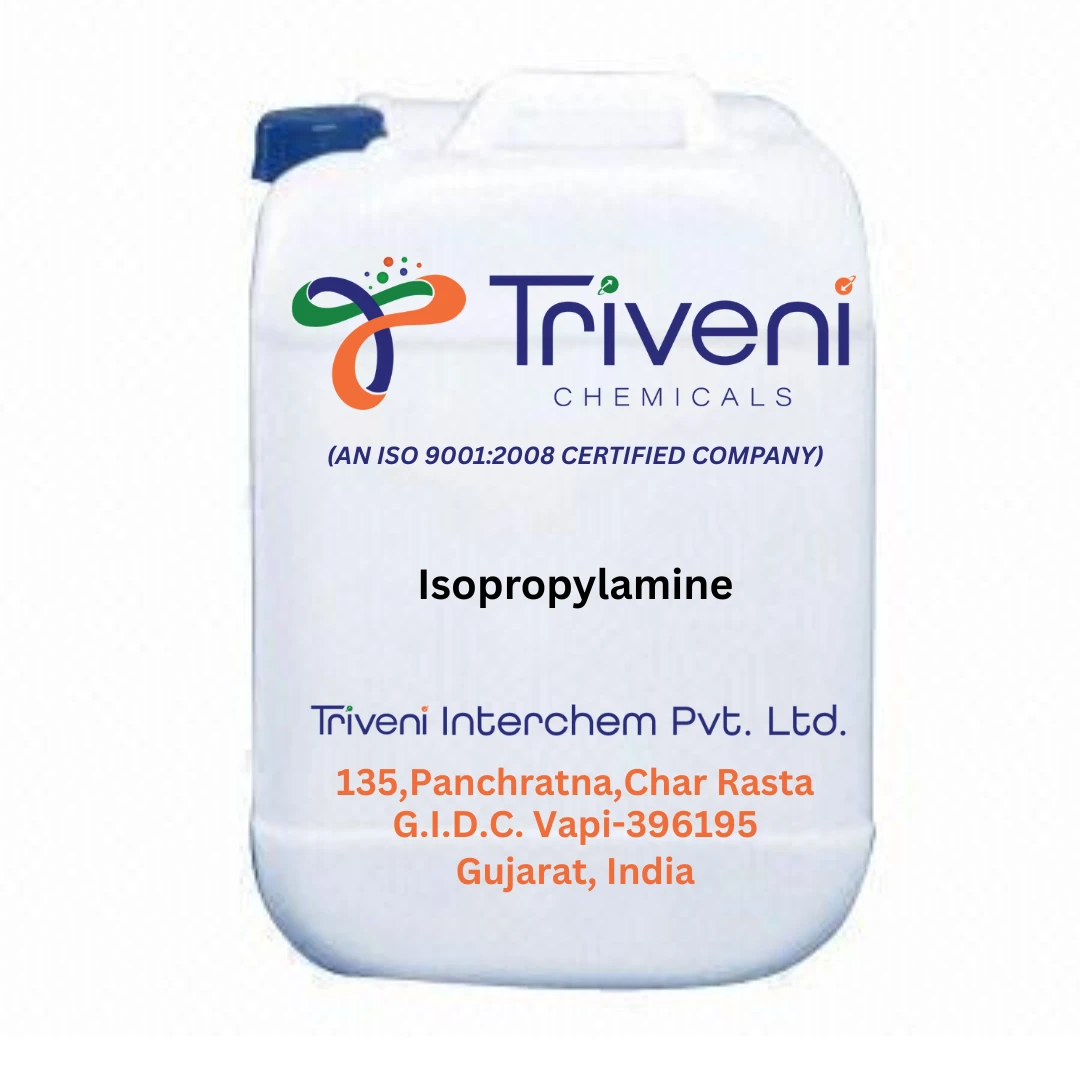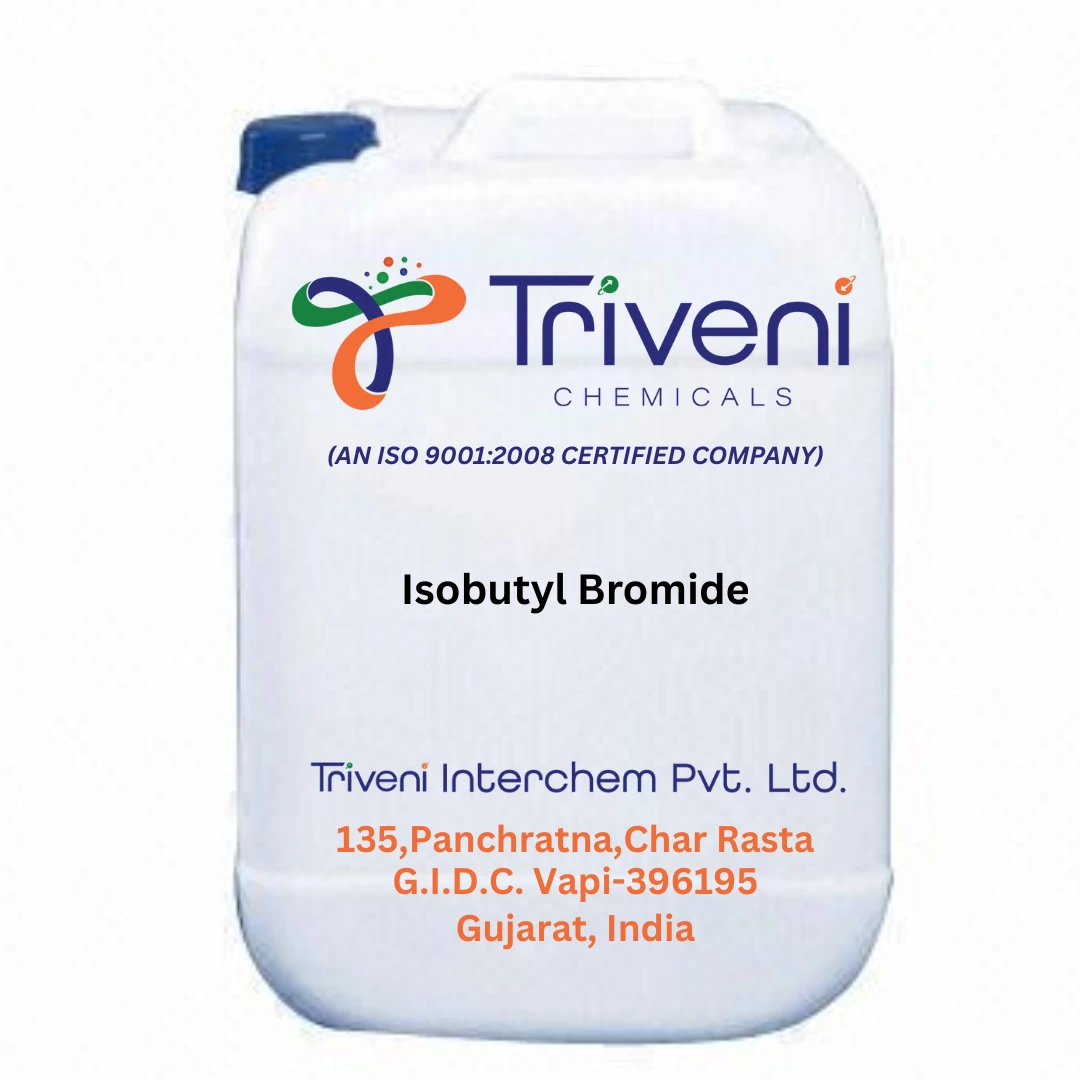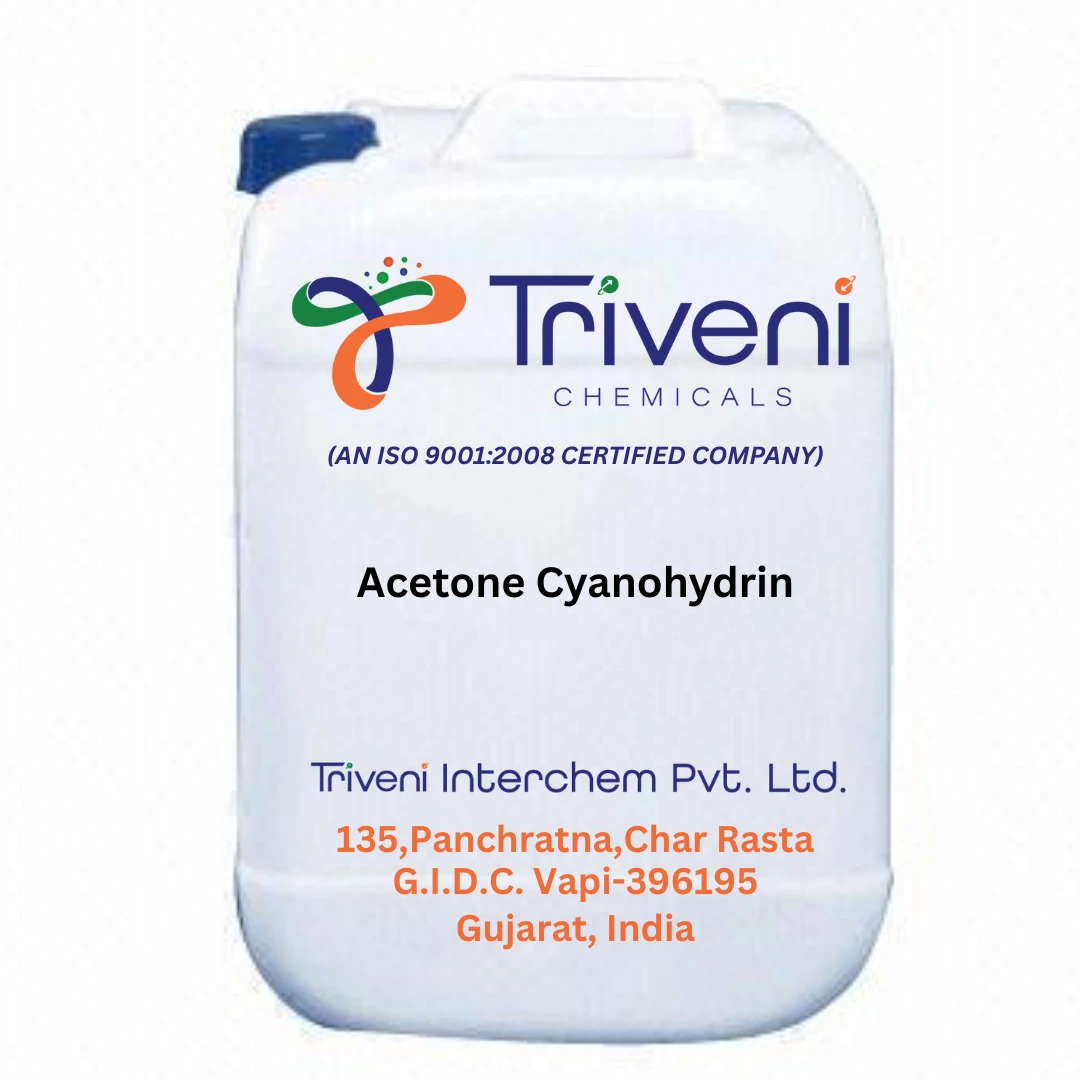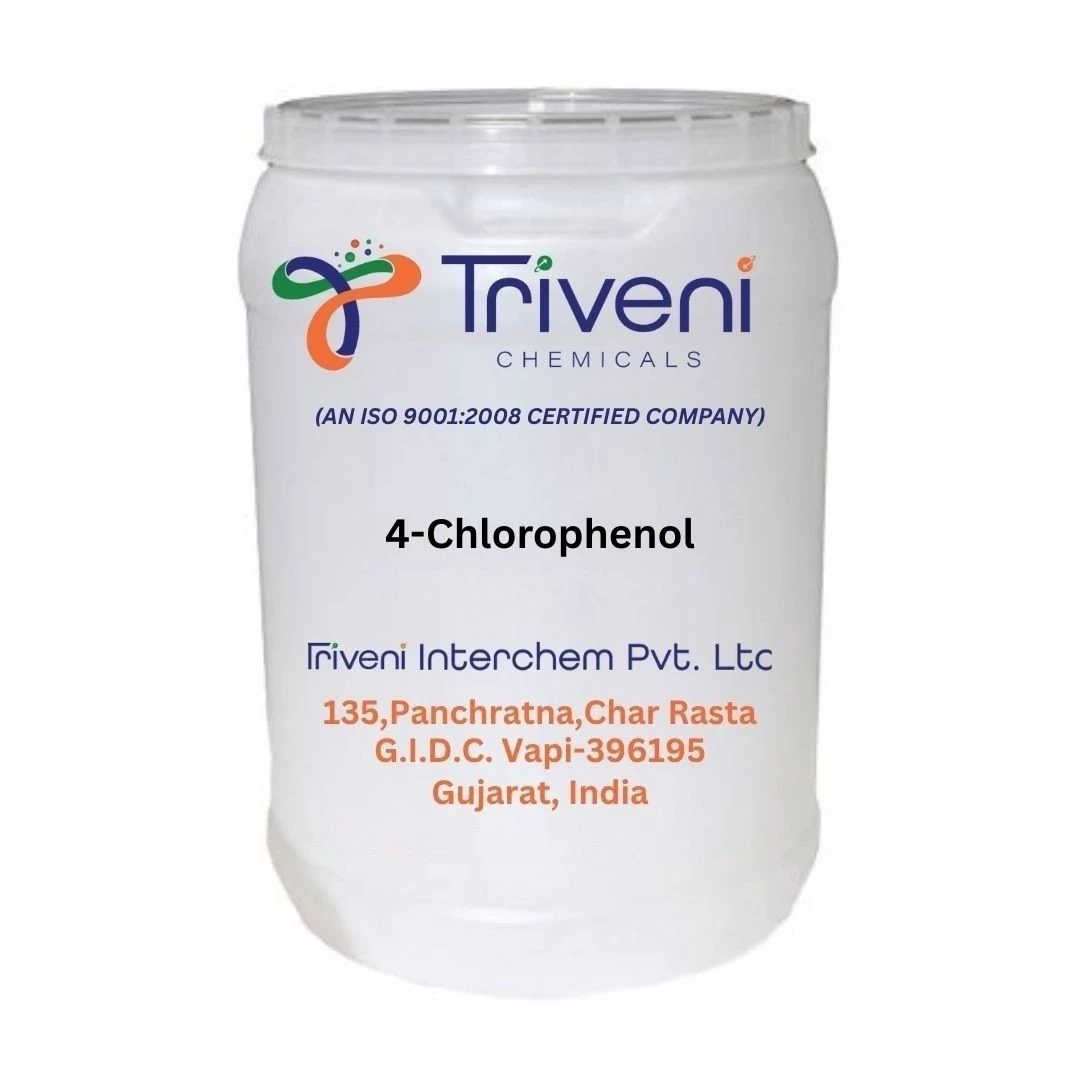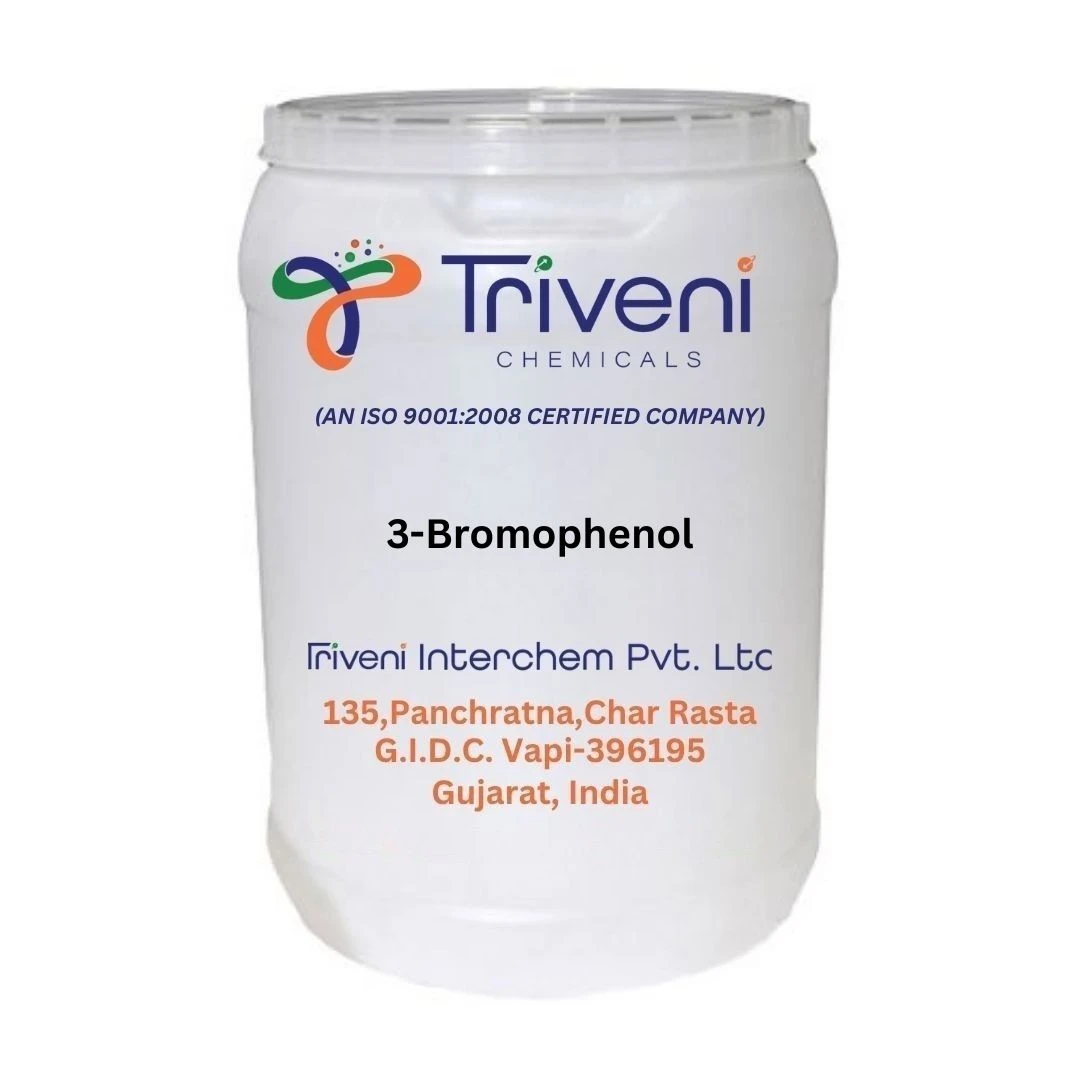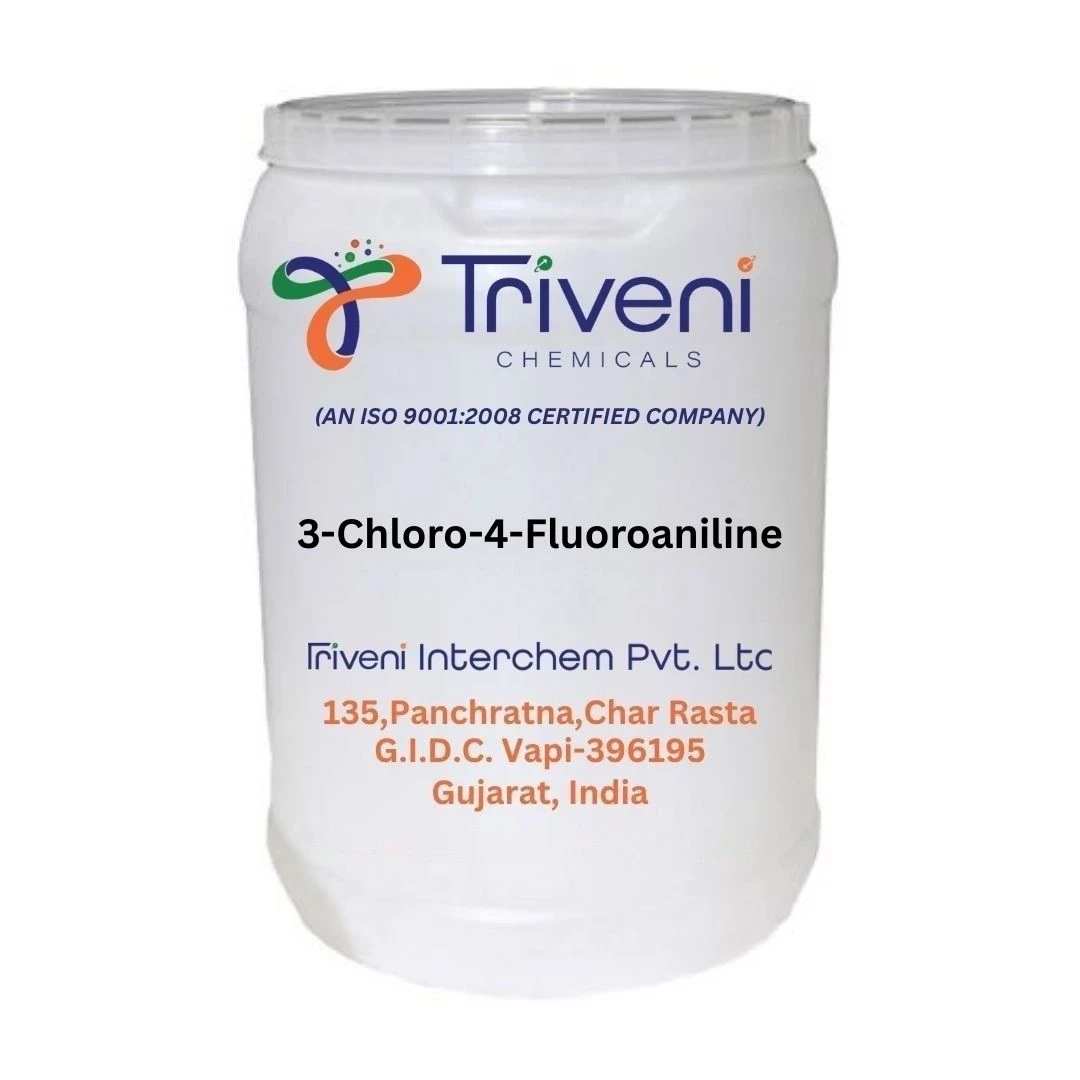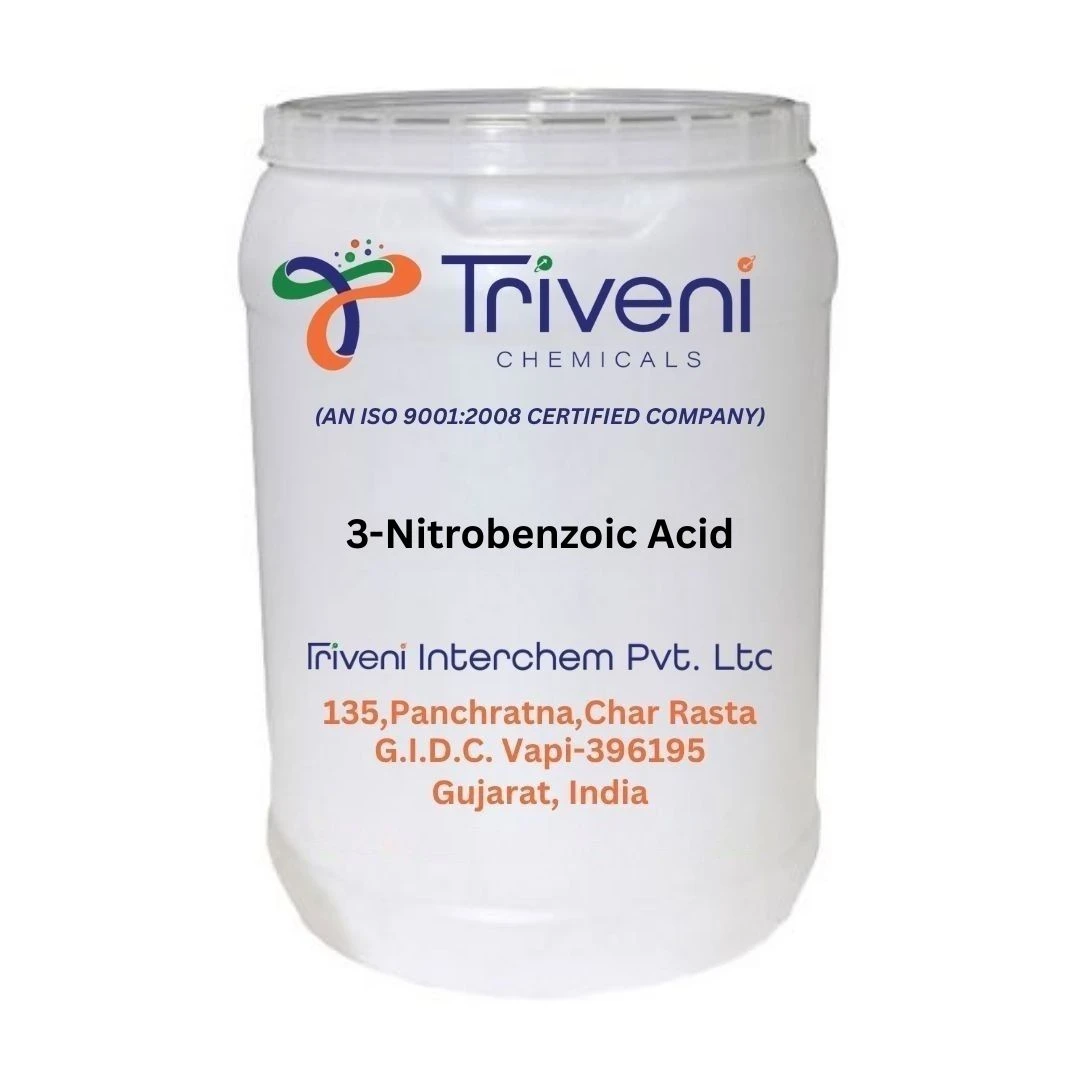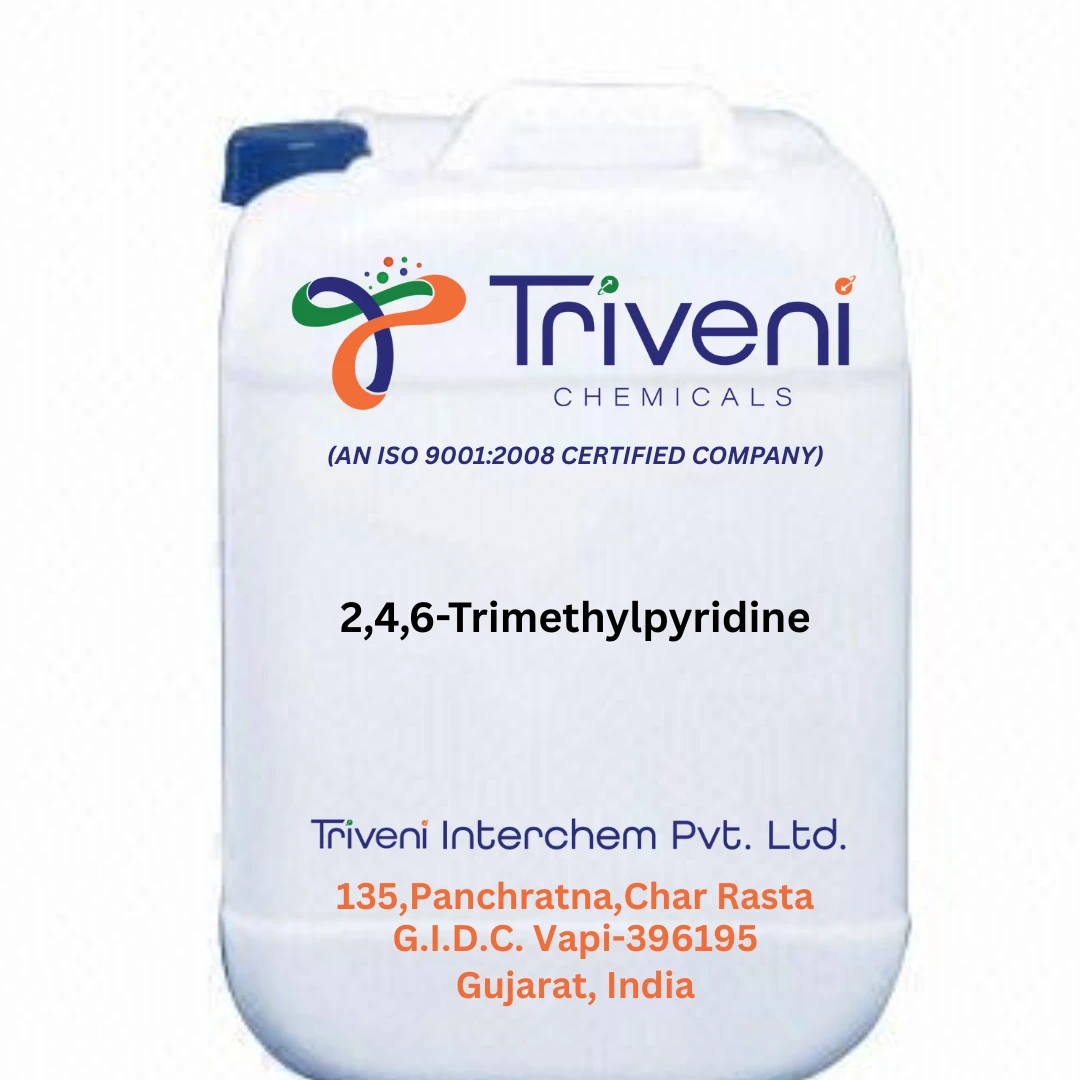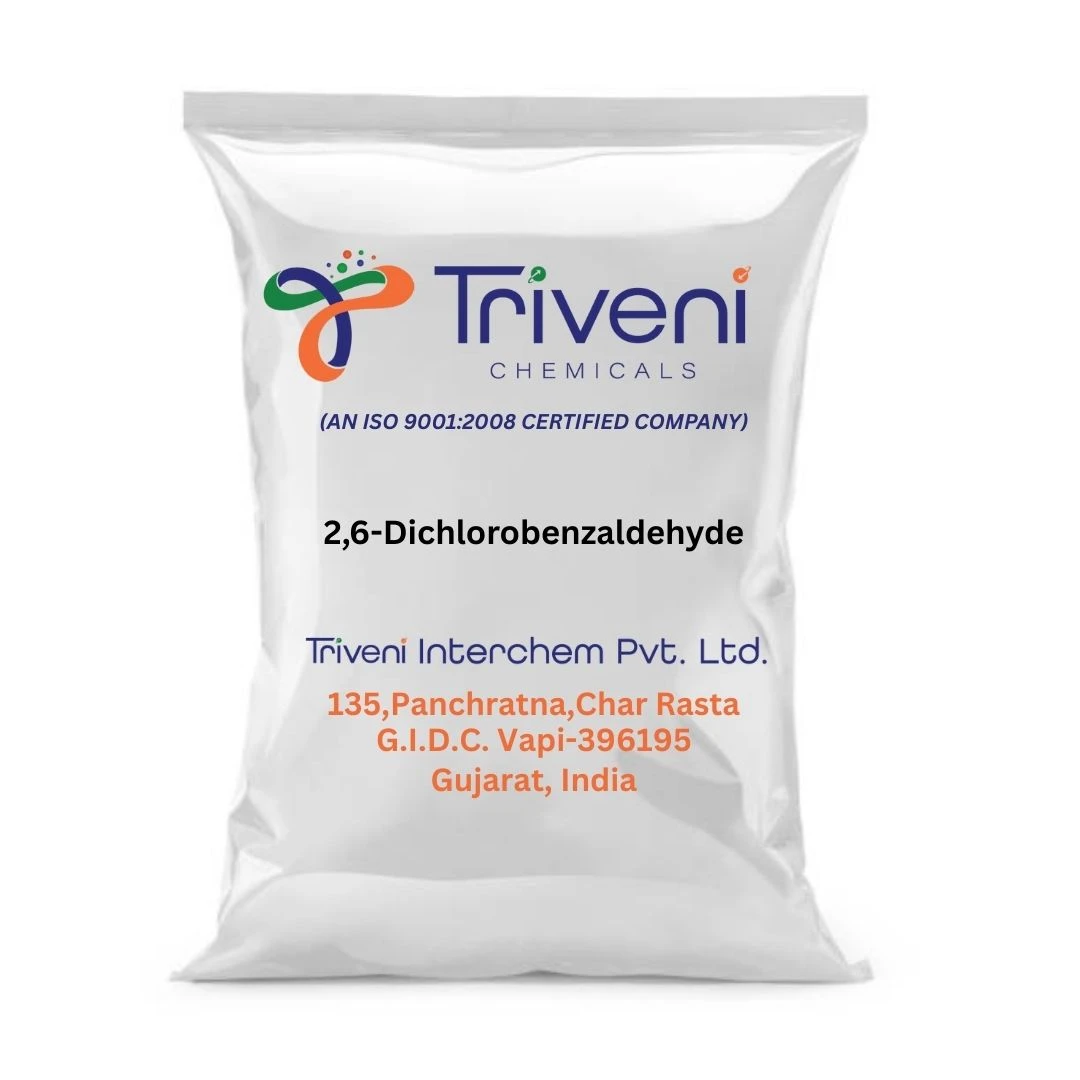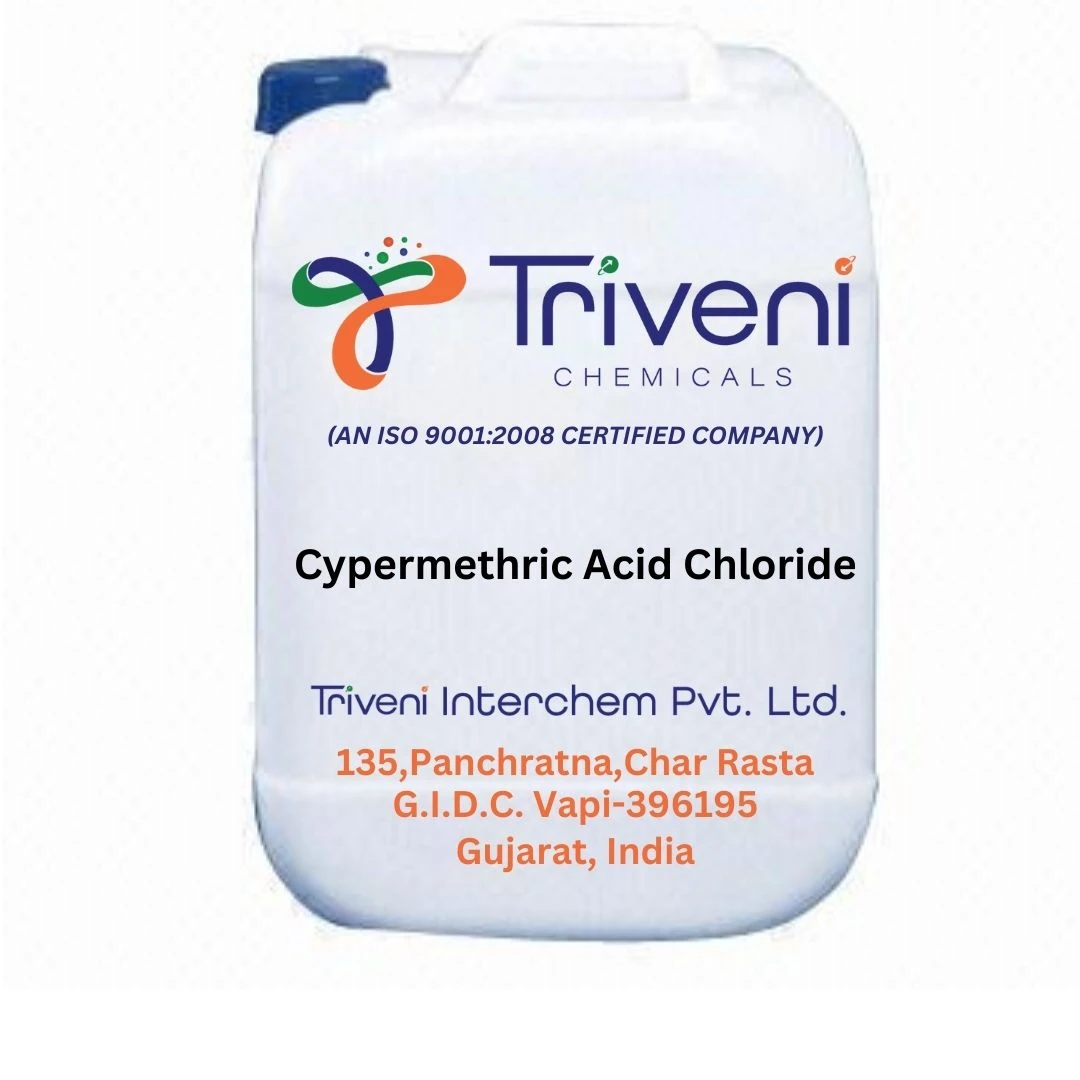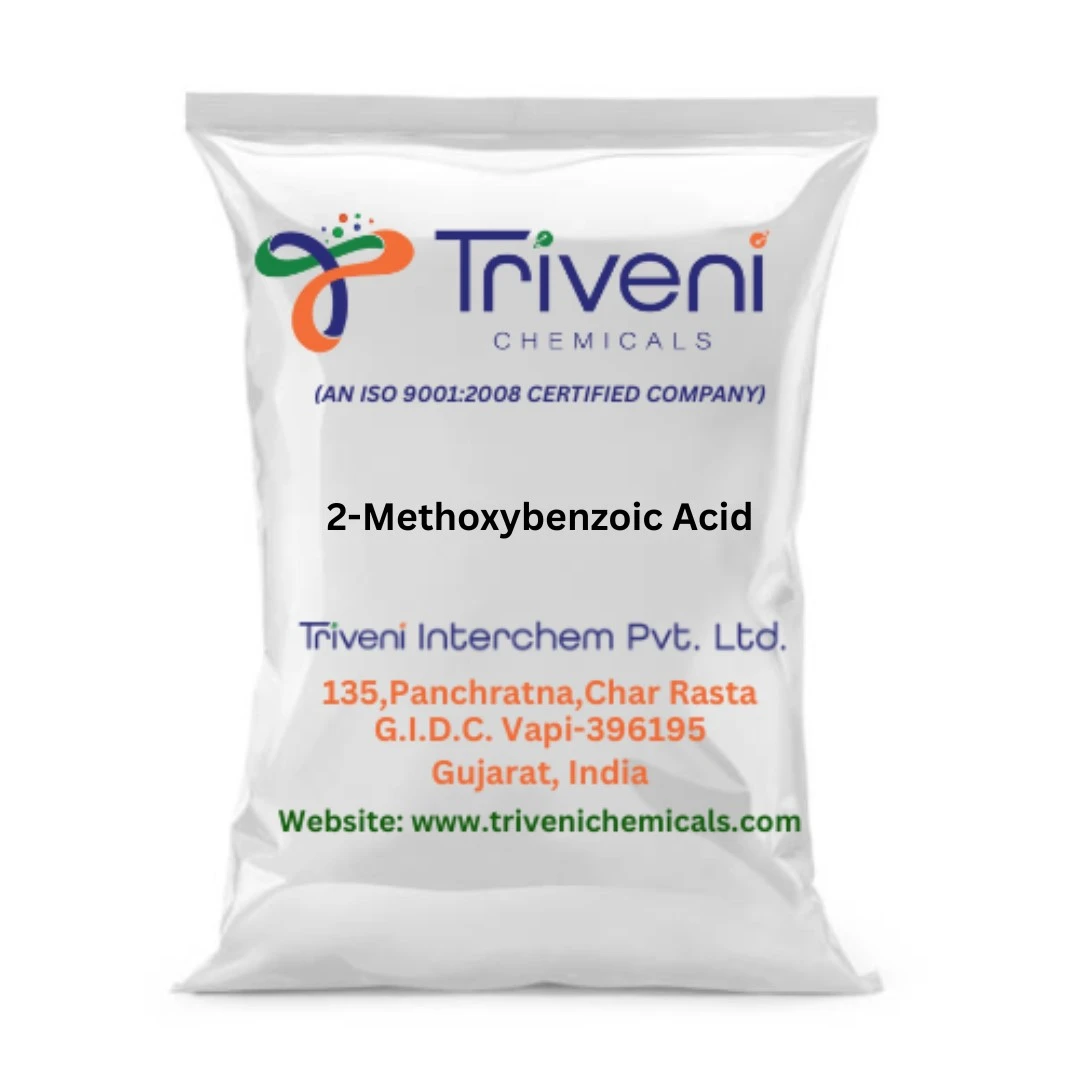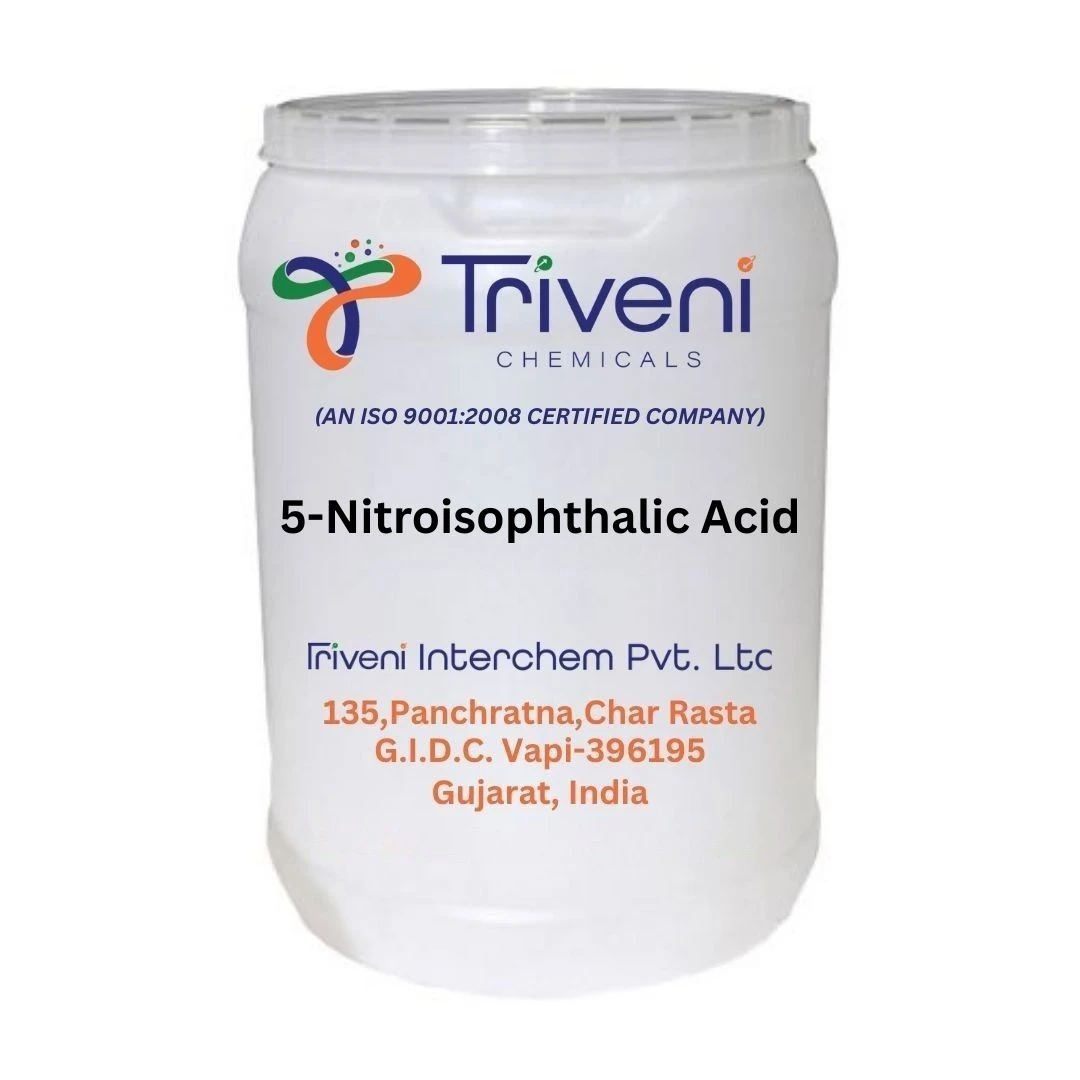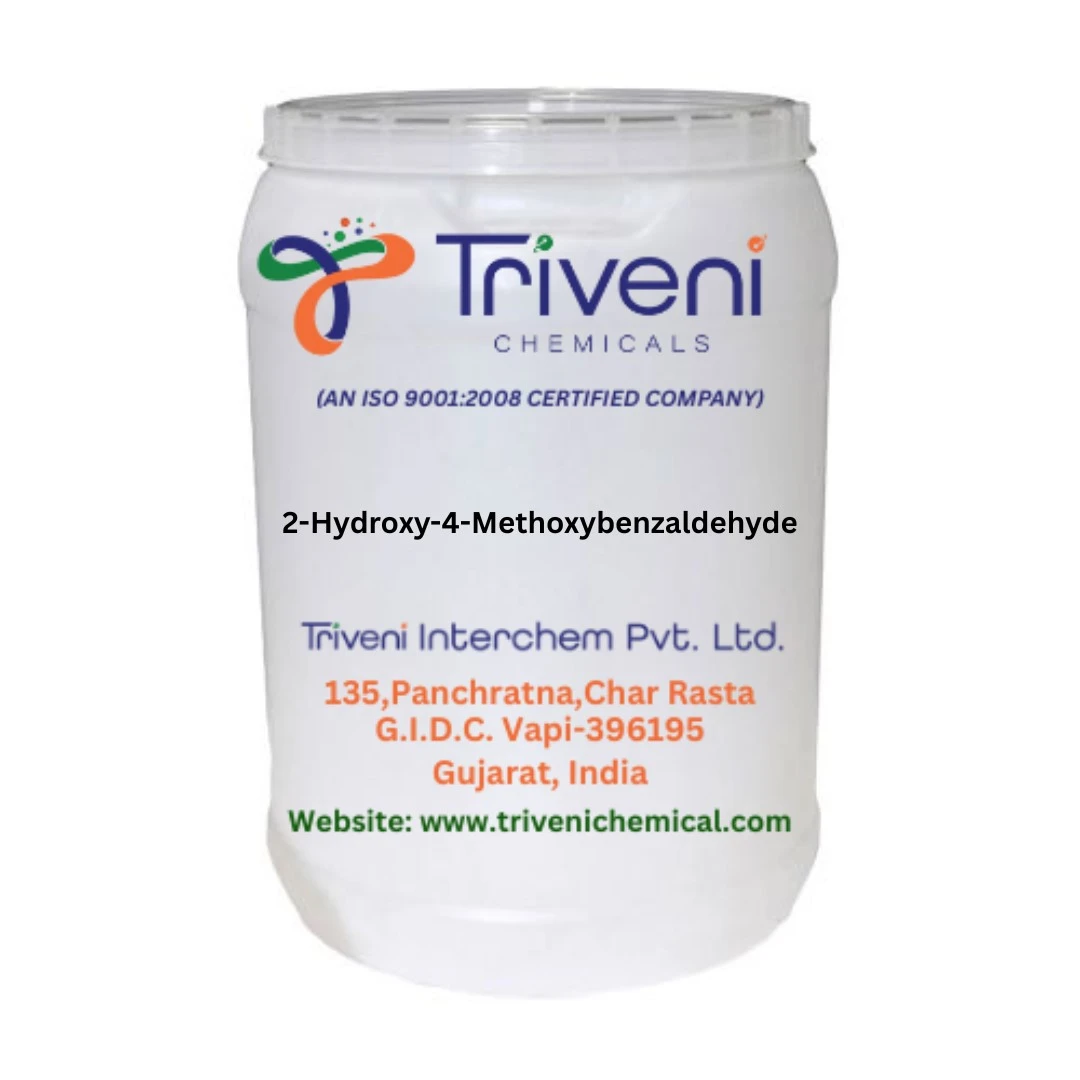A chemical intermediate is an essential part of many different chemical processes and the creation of a huge number of items we use every day. It is essentially a substance or compound that is created during one step of a chemical reaction and then utilized as a starting point or..
A chemical intermediate is an essential part of many different chemical processes and the creation of a huge number of items we use every day. It is essentially a substance or compound that is created during one step of a chemical reaction and then utilized as a starting point or precursor for the synthesis of a different, more complex product in a subsequent reaction. The pharmaceutical, petrochemical, polymer, and agrochemical industries, among others, depend heavily on these intermediates. They act as the building blocks for the production of more complex and specialized compounds, such as polymers, dyes, and fertilizers for farming. There are many different types of chemical intermediates, including catalysts, stable chemicals, and reactive molecules. Numerous chemical processes, including condensation, reduction, oxidation, and substitution reactions, can be used to create them. The final product that is wanted and the effectiveness of the entire chemical process determine the specific intermediate to use and its properties. Chemical intermediates, for instance, are essential to the research and manufacturing of medications in the pharmaceutical sector. These intermediates are used by researchers to create the active pharmaceutical ingredients (APIs), which are the main therapeutic agents in pharmaceuticals. These intermediates make ensuring that APIs are synthesized in a regulated and repeatable manner, which is essential for maintaining pharmaceutical quality and safety standards. Similar to this, chemical intermediates are the building blocks for the creation of a wide variety of goods in the petrochemical industry, including polymers, fuels, and lubricants. Through a variety of chemical reactions, intermediates like ethylene, propylene, and benzene are converted into polymers like polyethylene, polypropylene, and polystyrene, which are then crucial components for a vast array of consumer and industrial applications. Chemical intermediates are essential to the production of fertilizers and insecticides in the field of agriculture. These crucial agricultural inputs, which help increase crop yields and safeguard plants from pests and diseases, are synthesized using precursor molecules. In turn, this promotes the sustainability of agricultural techniques and global food security. Overall, in the wide environment of chemical manufacturing and industry, chemical intermediates perform a subtle yet crucial role. They are the unsung innovators that make it possible to develop a wide range of goods that enhance our quality of life, from life-saving drugs to strong polymers and cutting-edge agricultural technologies.


